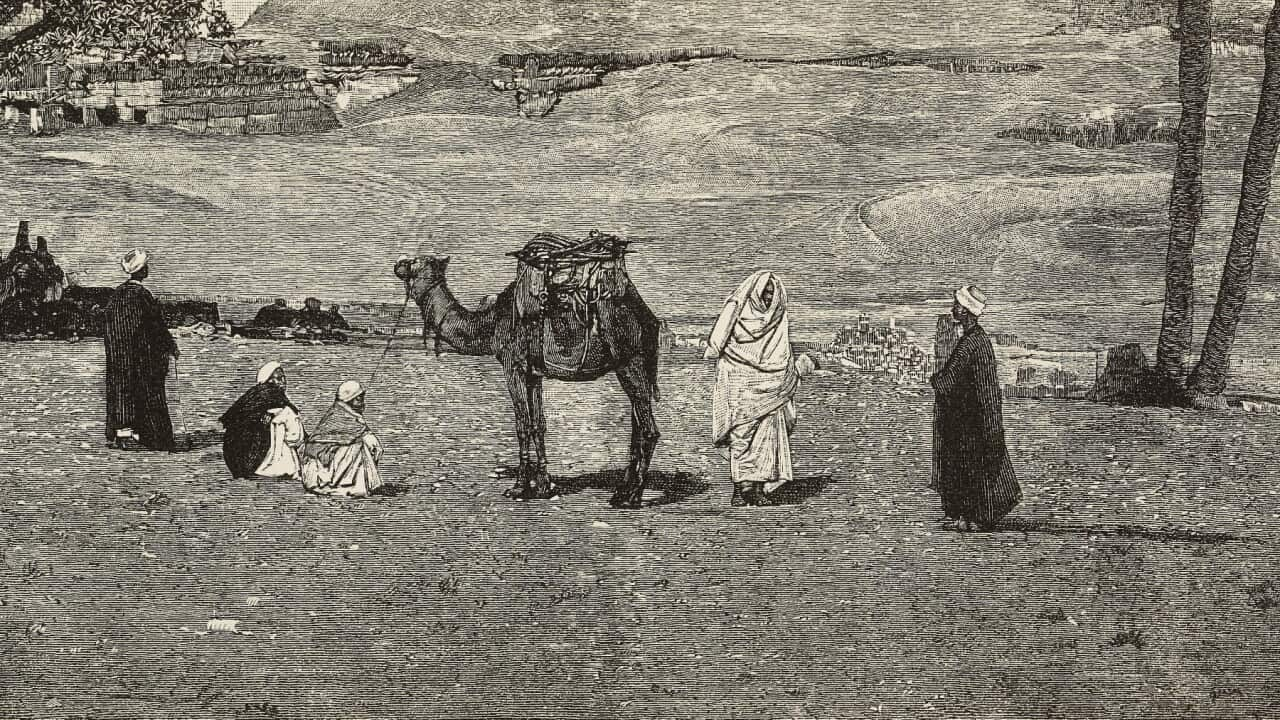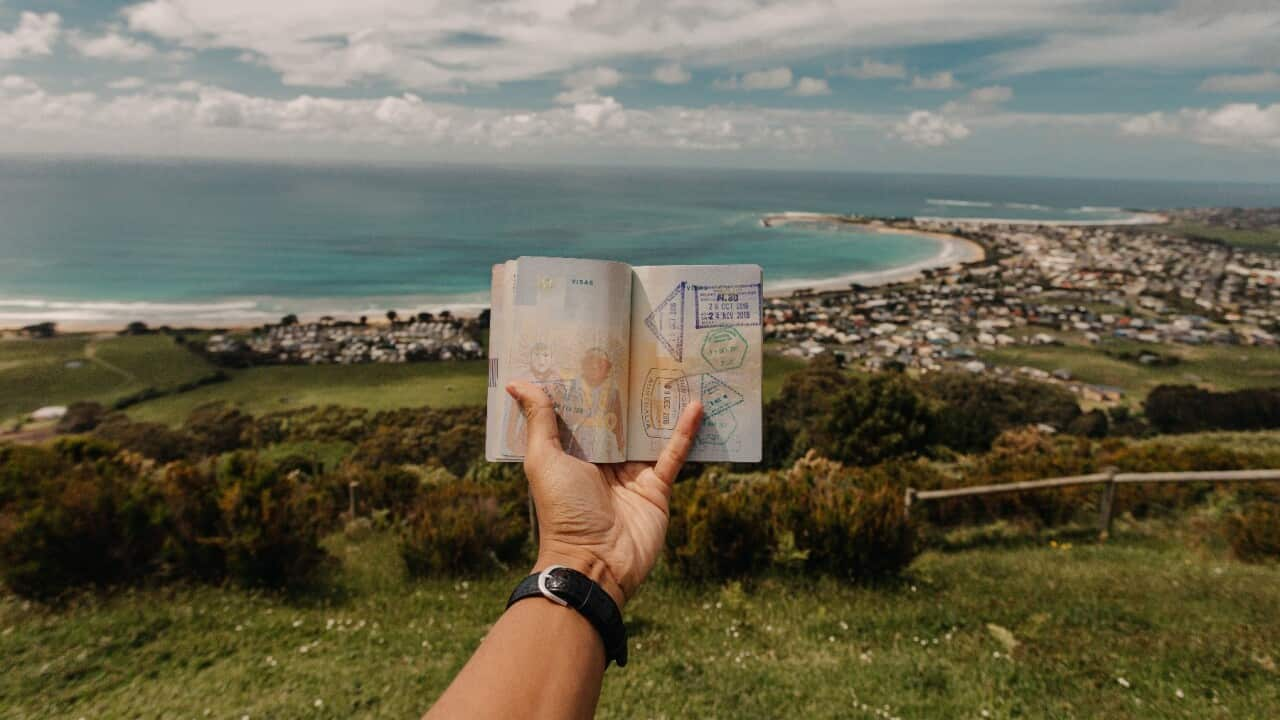Of the 10,000 people surveyed for the Scanlon Foundation report Australians Today, a substantial majority of Muslims said they feel a high level of identification with Australia.
More than 70 per cent of Muslim respondents indicated they felt a sense of belonging in Australia to a "great" or "moderate" extent.
And three in four indicated they were satisfied with their lives in Australia.
But the survey found a distinct minority in the Muslim communities not so happy in their outlooks.
Asked a question about a sense of belonging, 14 per cent indicated they did not know or declined to answer.
Monash University research professor Andrew Markus, who led the survey, says it is clear that problems exist.
"One major concern of Muslim Australians is that they're stereotyped. Within the mainstream, there's little understanding of the diversity of Muslim Australians. A simple description is that Muslims are as diverse as the rest of the population -- diverse in their attitudes, diverse in their cultures, diverse in their languages, as well as in their practice of their faith."
The survey found divisions between the secular and religious, between the different streams of Islam, between the young, middle-age and elderly, between national and ethnic groups.
Over half of Muslim Australian respondents born in Australia reported relatively high levels of discrimination over the past 12 months.
That figure was 46 per cent for those born in Iraq and 47 per cent for those on student visas.
Also, a significantly higher proportion of Muslim women reported discrimination, about 50 per cent higher than men.
Hostile behaviour to Muslim women wearing head covering was raised in a number of focus groups.
The women reported being spat upon, subject to shouting and denied jobs.
Many Muslims saw much of the Australian media as biased and ill-informed in its coverage.
And focus groups expressed concern at politicians, too -- with the exception of Prime Minister Malcolm Turnbull, who they saw as understanding, unlike his predecessor, Tony Abbott.
Comments included:
"Right-wing politics is rising. Islamophobia is on the rise right now. Politicians, they have the tactic of 'divide and conquer' and create fear, just mainly to generate some votes for themselves. And that is a new phenomenon."
"The last couple of years, there's been noticeable bias in media reporting against Islam and Muslims in general. And there is a lack of understanding of our community. The sense is they will always report front page about the negative and always report on page 70 about the positive. I think it's impacting negatively on people's quality of life."
"I don't think I'm going to stay here for too long, for too many years. I think we will migrate again to somewhere else, actually, to a Muslim country, because I don't want my kids to be exposed to all this racism and going to airports and being questioned. I just want to them to live in a free country -- which was Australia a few years back."
Many Muslim respondents criticised the Australian public's failure to understand the difference between mainstream Islam and what they termed "extremists".
Writer and political campaigner Osman Faruqi says, for those growing up in Australia after 9/11, their entire lives have been framed in the context of Muslims in the media and terrorist attacks.
"People, I guess, who don't come from a Muslim background, who don't interact with Muslims on a day-to-day basis, their only experience is seeing stories about terror attacks. And, similarly, Muslims, the only time they read about their own community, or their own communities, in the newspaper or see that on television is when there's been a terrorist attack. But Muslims have been contributing to Australia for generations."
Australia's Race Discrimination Commissioner, Dr Tim Soutphommasane (soot-POM-uh-sahn) says it is important not to paint entire communities with the brush of prejudice.*
"We shouldn't be judging whole groups of people based on the behaviour of only an extreme few. The vast majority of Muslim Australians are law-abiding citizens and members of our society, and they are entitled to a fair go** just as everyone else is."





